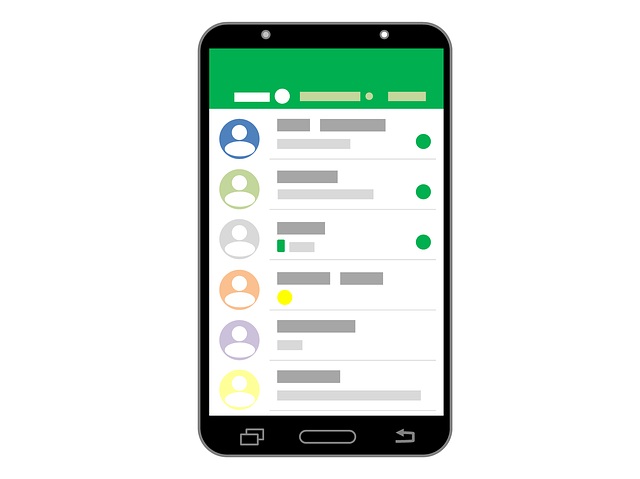Problem case WhatsApp
What´s up with WhatsApp?
WhatsApp has been heavily criticised since the introduction of the GDPR. According to most data protection experts, the use of WhatsApp in a professional context is not possible from a legal perspective.
WhatsApp belongs to the Meta Group. It earns its money with personalised advertising. In view of the increasing integration of the group's individual services (including Facebook and Instagram in addition to WhatsApp), this poses a risk with regard to the use of WhatsApp, as personal data is also used for these purposes.
The most critical point, however, is that WhatsApp synchronises the phone numbers from the smartphone's address book with those of its own servers. All numbers from the address book are transferred to WhatsApp, including the phone numbers of people who do not use the app. This means that your data is processed without a legal basis and without any corresponding information. Although it is now possible to prevent WhatsApp from accessing the address book and to revoke it retroactively, there is still a residual risk for the organisation that employees will not make this setting.
WhatsApp? What else?
There are a number of apps whose range of functions is comparable to WhatsApp, but which can be categorised as more secure in terms of data protection.
Some examples:
- RocketChat - An open source solution that can be operated by the organisation itself. This ensures that all data remains on the organisation's own servers.
- Wire - An open source solution with servers located in the EU and Switzerland. Probably the most comprehensively publicly tested collaboration and communication software on the market.
- Threema - Secure communication from a Swiss company with server location in Switzerland
- Signal - Open source solution from the non-profit Signal Foundation. Used by Edward Snowden...
Source: https://www.dataguard.de/blog/dsgvo-konforme-messenger
Source: https://www.datenschutz.org/whatsapp-datenschutz/





